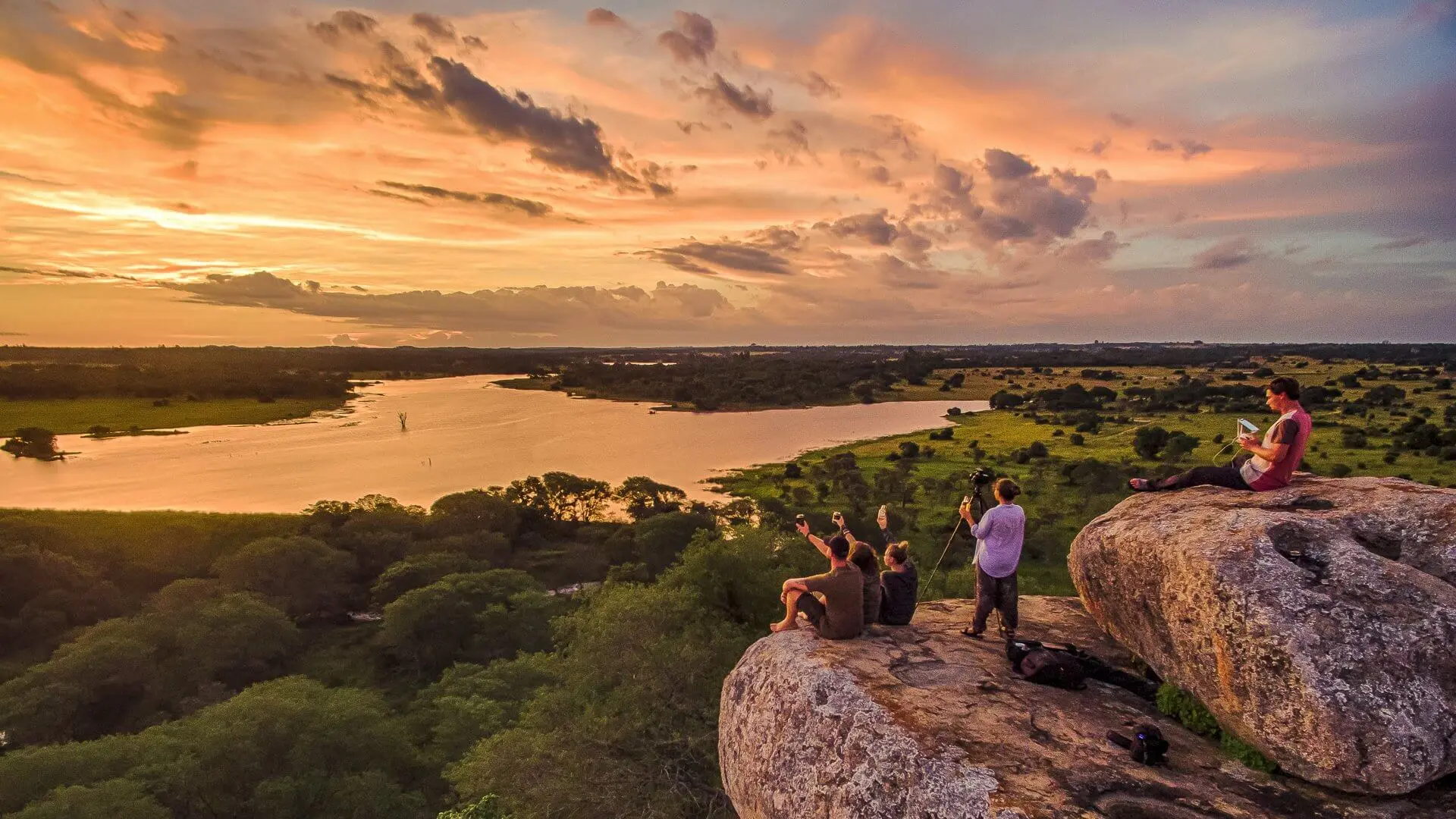We are very excited to announce the launch of our Wildlife Veterinary Assistance Program in South Africa. It is a 3-week hands-on learning opportunity focused on wildlife game capture and the care of wild animals. Hands-on work with wild animals, you say? Yes!
This course is a unique opportunity for those studying veterinary medicine, those already qualified, or even those with a passionate interest in the field, to gain exposure to life on a private game reserve and the role wildlife veterinarians play in the conservation industry.
South African National Parks take up 3% of South African land (not even including private game reserves), which creates a huge demand for wildlife veterinarians. The country places extreme importance on population numbers and species safety. Breeding and poaching interventions are therefore crucial. As a course participant, you may find yourself at the forefront of these interventions and may help save a 2-ton wild animal. Now how many veterinarians from your area can say that?!
This course is a once-in-a-lifetime learning opportunity. You will be given practical experience with animals that you have only ever dreamed of encountering. When you’re not in the field, you’ll be in lectures with professionals who want to share their knowledge of the industry with you.
This will include:
-
- Capture, transport and movement of wild animals
- Dart-gun practice and helicopter use in animal work
- Basic and applied physiology and pharmacology
- …and so much more
Even though you’ll be taught all this during your 3-week course, it’s important to go into the field with some knowledge of the animals you will be working with or at least spotting in your day-to-day tasks. So listen up!
- An ostrich’s kick can kill a grown man – so watch out.
- Despite being one of the largest land mammals, hippos can run really fast. They can reach speeds of about 32 kilometres (or 20 miles) per hour.
- Elephants undergo menopause – so don’t get too close to a cranky matriarch.
- Cheetahs are endangered because only 10% of cheetah cubs actually survive to adulthood, so treasure your time with this species and be sure to make your impact on conservation.
If you’re ready to be taken under the wing of an experienced wildlife veterinarian and are ready to ask questions and absorb all the knowledge possible before returning to your own practice, to your notebooks, or to your everyday life, apply now for a start-date this year.
